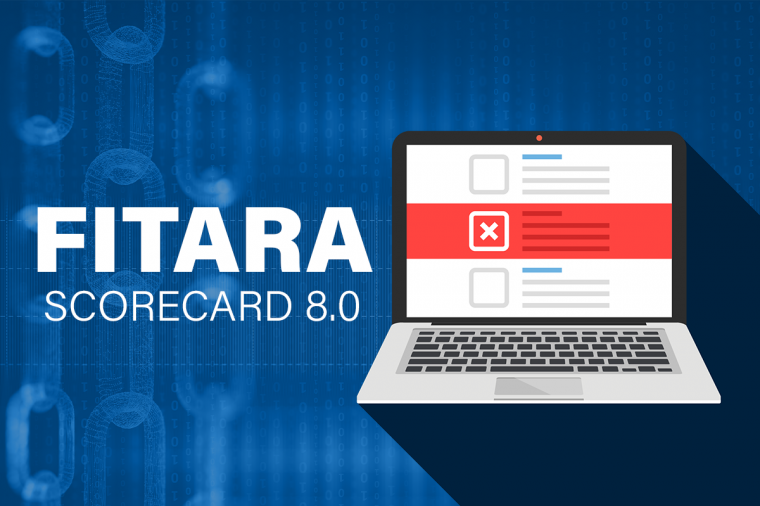Azure Outages Raises Doubts over its Readiness for Mission-Critical Workloads
“Microsoft Azure suffers another outage” is becoming an all too familiar headline. A series of problems has plagued the Azure infrastructure and PaaS cloud tools this year leaving customers across the globe reeling from outages and interruptions, some of them lasting as long as a week.
The latest outage occurred in mid-November and impacted storage customers around the world. Caused by an unforeseen glitch in an Azure Storage performance update, this most recent event continues to prompt concern about Microsoft’s ability to identify and remedy root cause and crisis response issues.
"Microsoft's disastrous inability to keep Azure outages confined to a single region is a major red flag for enterprises considering Azure,” Tweeted Lydia Leong, a vice president and distinguished analyst at Gartner, noting that Microsoft has still not offered an explanation for the last major Azure outage in August.
While cloud outages are not uncommon in the industry, Azure is key to Microsoft’s success and competes against commanding PaaS and IaaS vendors, including AWS, Google, IBM and others. As CRN’s Kevin McLaughlin notes:
“…with Amazon Web Services boasting a growing number of enterprises that are moving their whole data centers to AWS, Microsoft will need to reassure customers that it's able to react quickly -- and more importantly, communicate -- when things go wrong with Azure in the future…”
AWS is Hard to Beat
With server capacity at least six times that of its nearest competitors, the largest data center footprint in the world, and the coveted GovCloud contract (a private cloud exclusively for the U.S. government) – Amazon Web Services is hard to beat. Check out this independent comparison of AWS versus Azure and decide for yourself.
photo credit: rafaeldesigner via photopin cc
















































